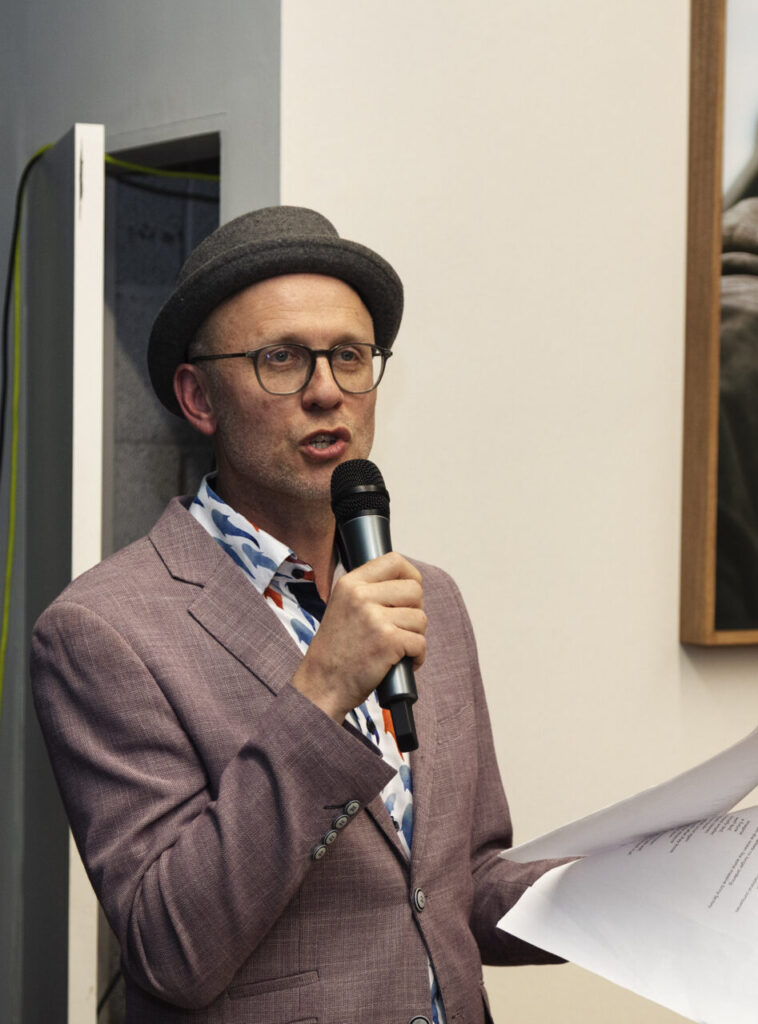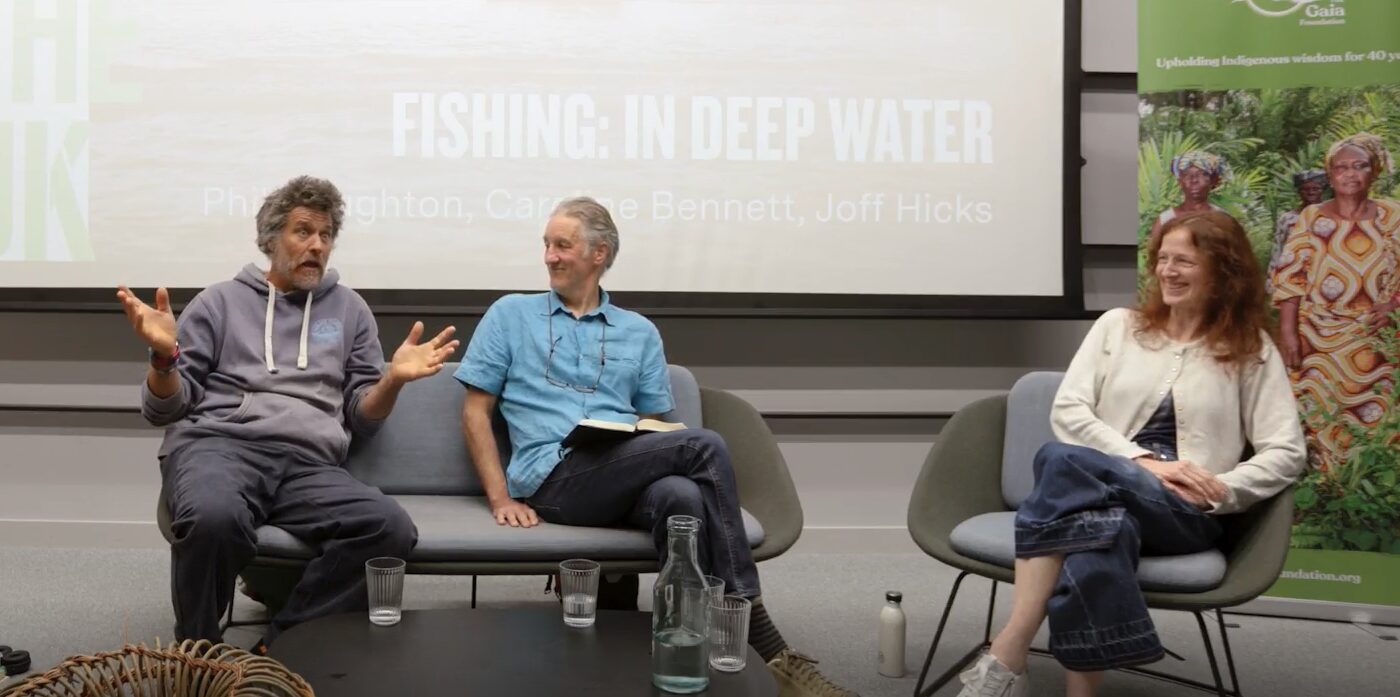Oceans are the source of all life on Earth, and their health is fundamental to our future. Yet, fishing is one of the least-addressed issues when it comes to global food production. In the UK, some of the world’s most destructive fisheries are operating right on our doorstep, but with big players taking advantage, far too few conversations are happening about the murky world of sustainable seafood.
In this important Regenerative Conversation, we bring Jof Hicks, a plastic- and emissions-free micro-fisher featured in our Fishing story, into a thoughtful discussion with Caroline Bennett, founder Sole of Discretion, and Phil Haughton, author of Food for Thought and founder of organic retailer Better Food.
The trio untangle seemingly impossible questions, from “What is sustainable seafood?” to “Should we even be eating fish at all?”, drawing on their first-hand experiences from across the sector.

“There is no label I can stick on my catch that says I am fishing plastic free and emissions free…There is no mainstream support or accreditation for doing that.”
Jof Hicks, micro-fisher
Growing up on the Isles of Scilly, Jof Hicks has a deep understanding of the sea. Sustaining the near-forgotten craft of weaving withy pots from homegrown willow, Jof fishes for local lobsters on his self-engineered catamaran, and sells his catch directly to customers.
His livelihood is a stark contrast to the destructive fisheries that are rapidly depleting our oceans. “You can’t fish at my scale in the winter. You have to pause.”
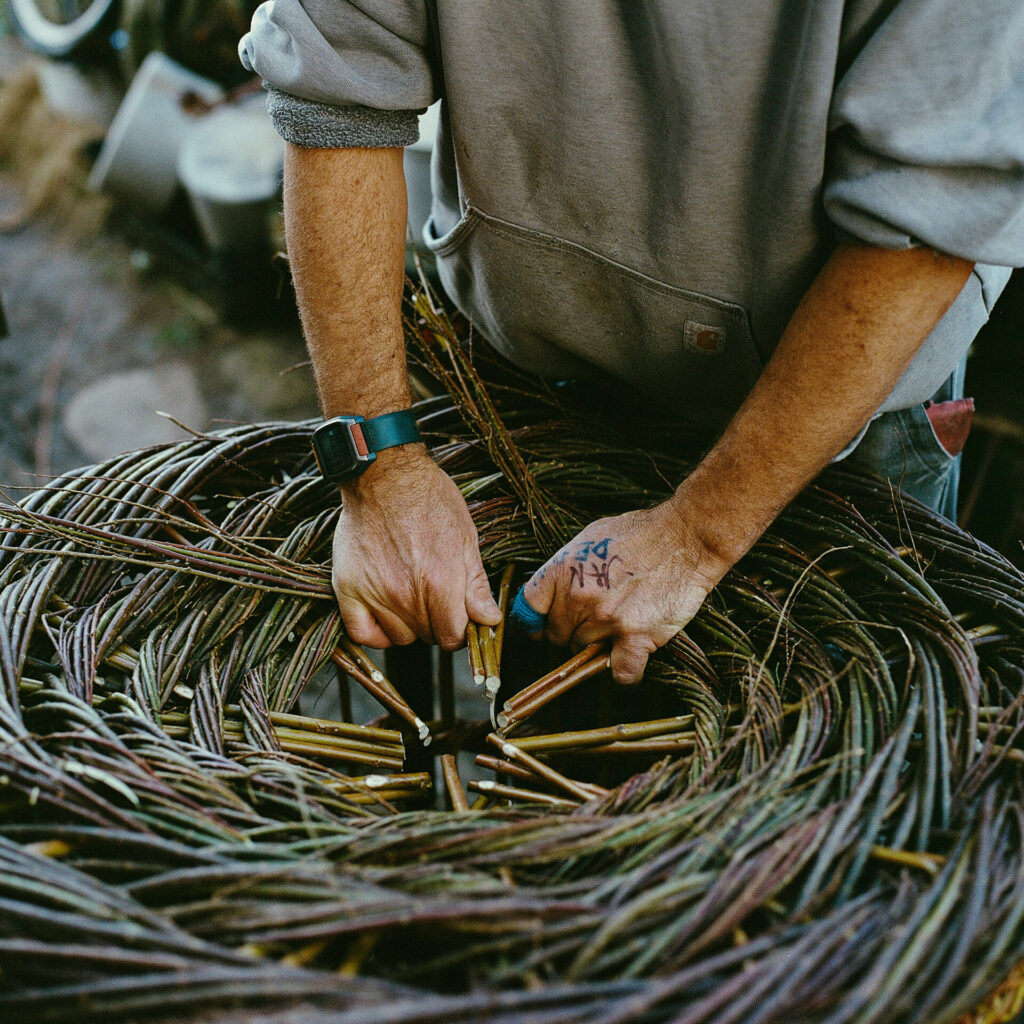
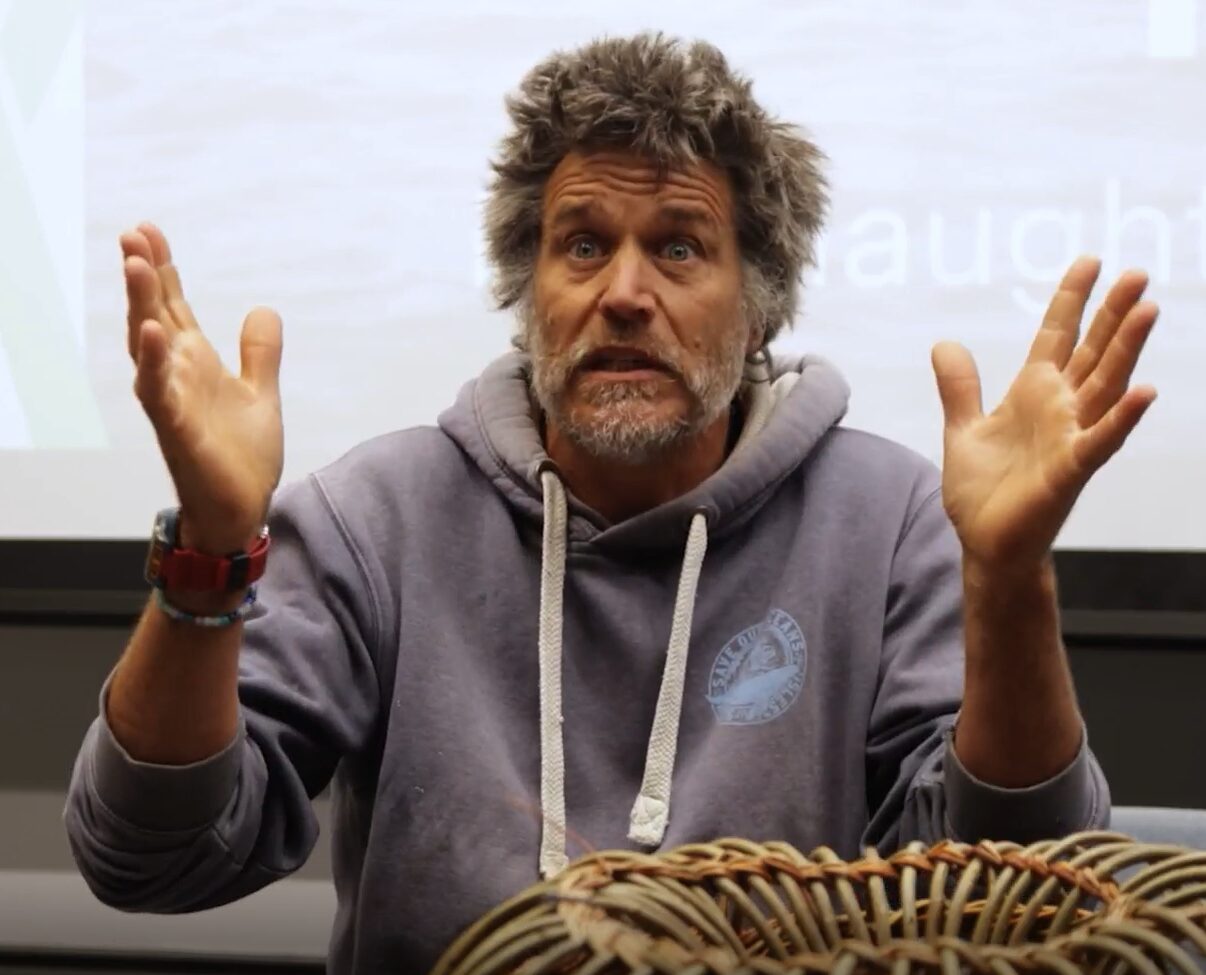
“Working with these methods has really led to an interesting dialogue with the consumer because, ultimately, what we’re looking to do is question the true cost of our food.”
Jof Hicks, micro-fisher
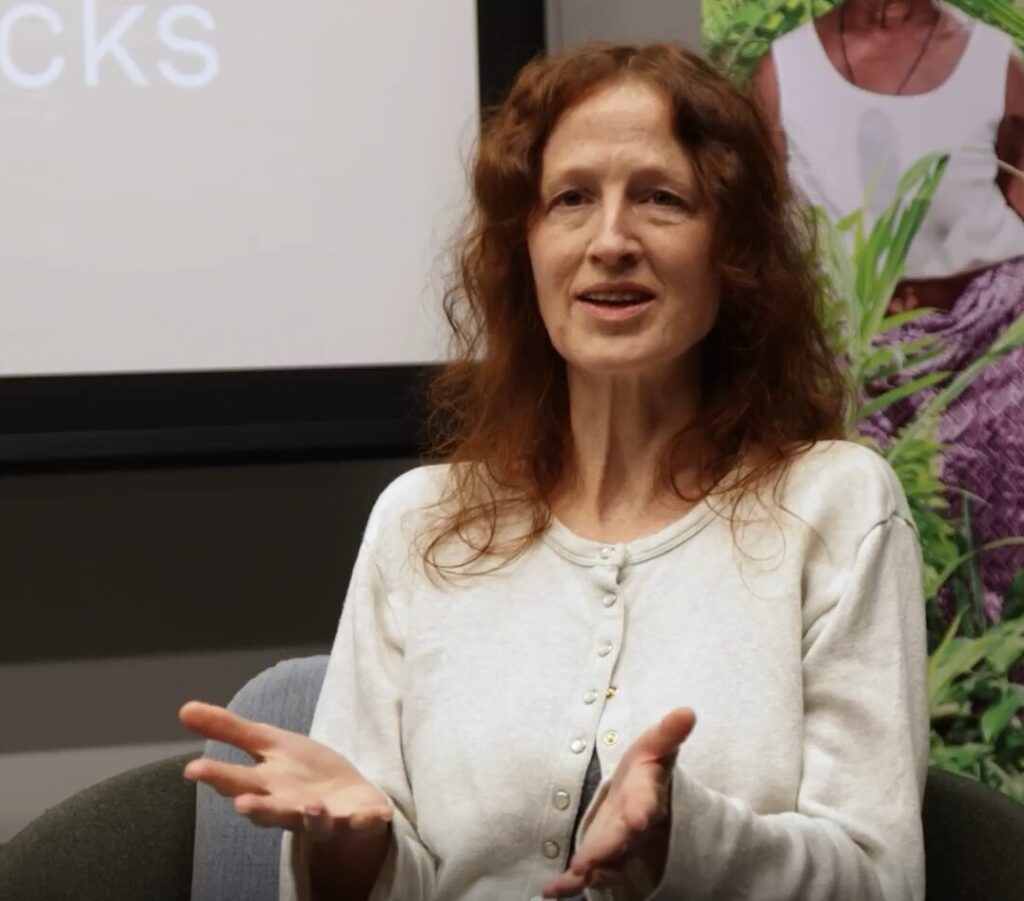
“We need to know how our fish is caught. We care. We want to know. And the industry has gone out of its way to make sure that’s not possible.”
Caroline Bennett, founder of Sole of Discretion
Caroline Bennett founded community interest company, Sole of Discretion, on her quest to find a market mechanism that rewarded low-impact fishing. The business works directly with small-scale fishers to supply consumers with ethically sourced fish, caught on vessels under 10 metres in size through low-impact methods.
“If you want to eat fish occasionally, you want to know that you’ve put your hard-earned money into a fishery that is not depleting the natural world, that is rewarding people socially by putting money into small-scale fishers who will spend it locally in their local economies, and you’re part of that journey.”

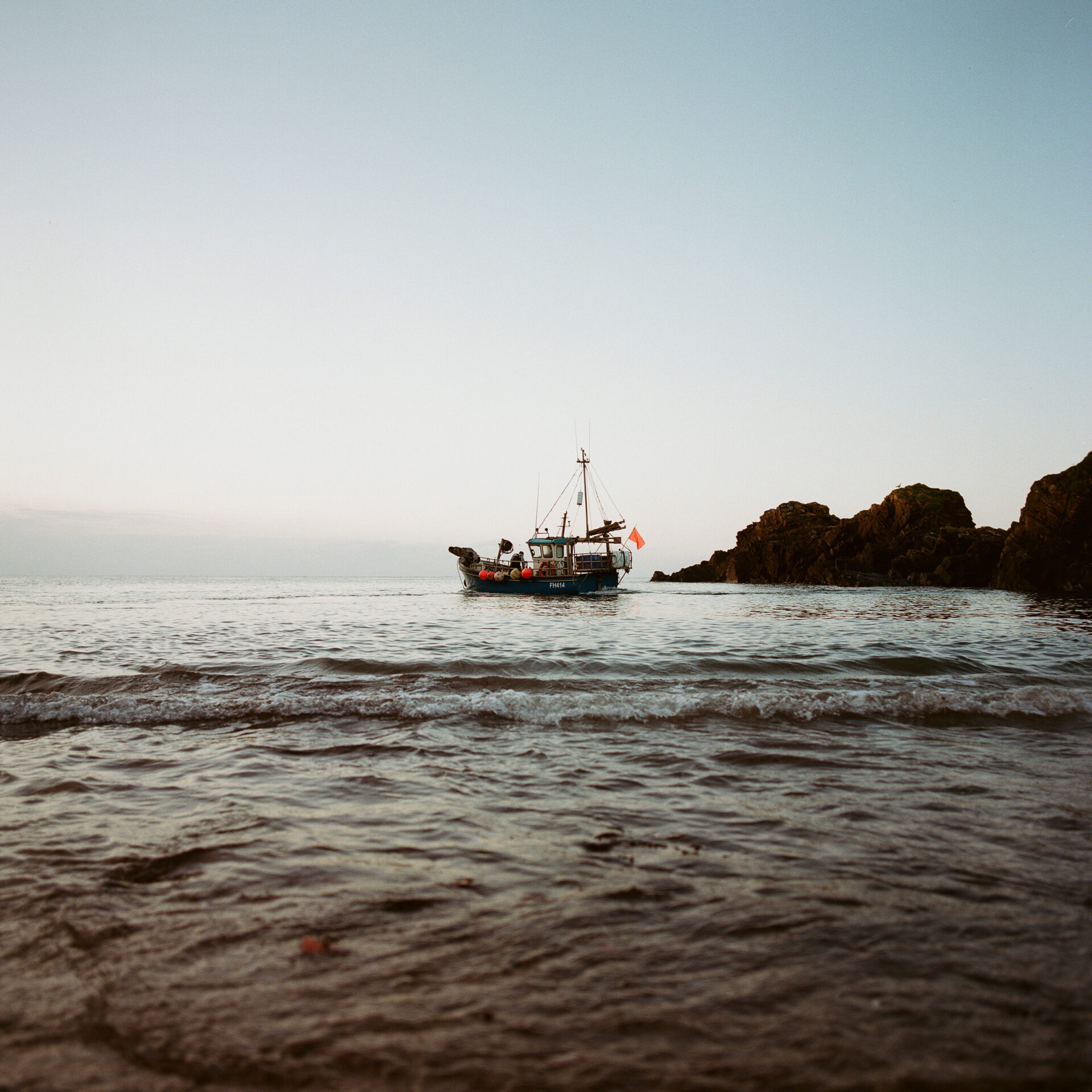
Through her work, Caroline is eager to address debates surrounding what makes some of the fish on our plates more sustainable than others. She emphasises that varieties of fish and their proximity to the consumer aren’t always the reliable guides many people believe them to be, advocating instead for improved accreditation and an overhaul of current industry standards.
“Nature is not boxable. You can’t put a square around all the complexities of nature. [Fishing] lends itself so well to being done at a very local, very small level, rather than the industrial top-down that globalised, commoditised systems have thrust onto the fisheries. It’s not about what fish, it’s about the system. It’s a systemic problem.”
“There needs to be small-scale processing, on a human scale, that can relate to the volume of whatever is being produced locally, which is completely absent now.”
“There is something about our culture that has been stolen from us. Our food has been stolen from us. The rights to good food, and the rights to good health, and the rights to good farmers. And it’s all come from that mono-supermarketing-juggernaut that’s been ever more effective at plundering our soils and our people and our culture.”
Phil Haughton, founder of Better Food

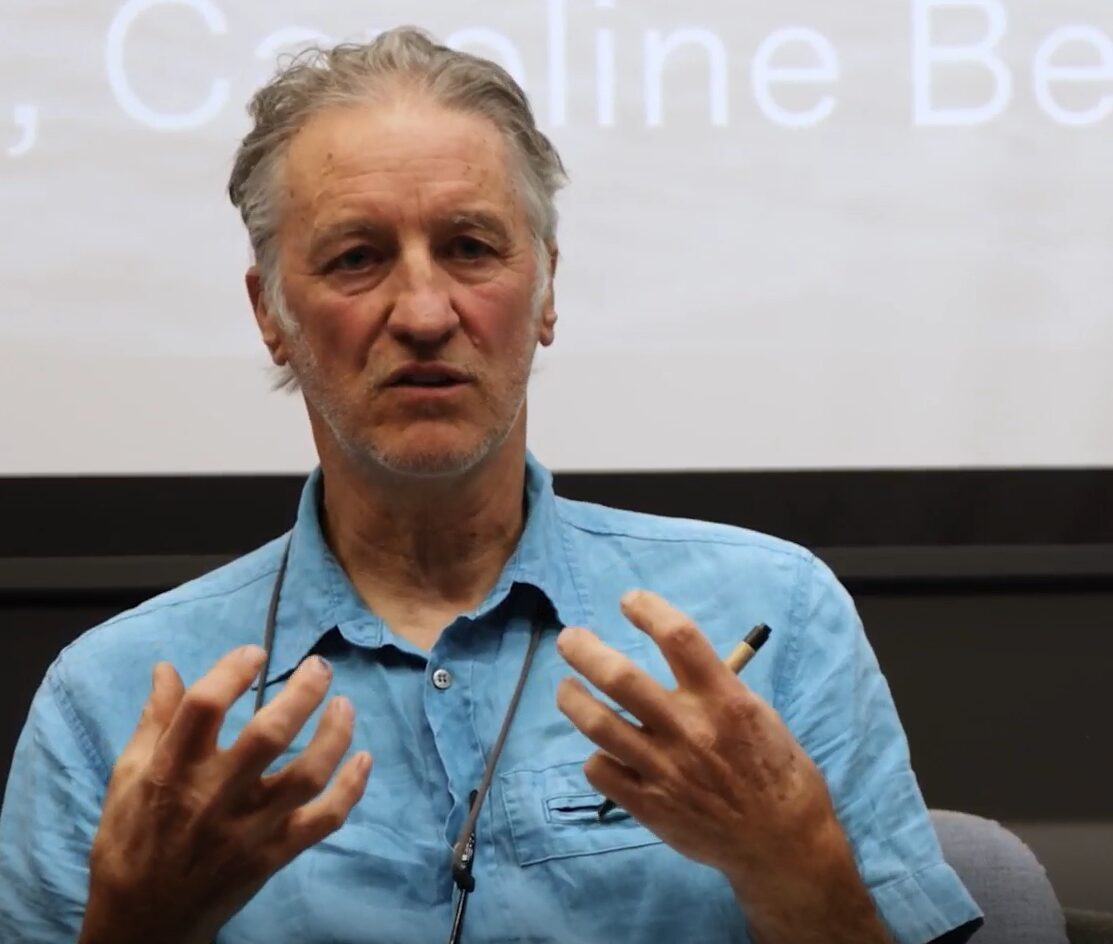
In an effort to reclaim justice for our soils, farmers, and communities, Phil Haughton founded organic food retailer Better Food over two decades ago. By inviting consumers to be curious about where their food comes from, he hopes to encourage people to make more informed choices about what they eat.
“I think a motivator is about claiming back our food culture. We are malnourished by a system that is getting the better of us…There are great opportunities, but we don’t [currently] have the culture in this country to foster it.”
Phil Haughton, founder of Better Food
This discerning discussion closed with questions from the audience, followed by a live rendition of Chris Redmond’s poem, Enough Fish Enough, crafted as part of our Fishing story.
“Imagine
a future
well fed,
locally led,
boats smaller,
labels clearer,
prices fairer.
Fisherfolk once again
working with what they know,
when to fish for treasure
and when to go slow.”
Catch up on all our reflections from the Open House event on 10 May, and explore the other Regenerative Conversations from the day, on agrarian localism, a grain revolution, and the importance of seed diversity.
We’d like to extend our gratitude to Jof Hicks, Caroline Bennett, and Phil Haughton for offering their valuable insights on small-scale fishers and sustainable seafood, and to Cherry Truluck for guiding this nuanced Regenerative Conversation with such skill.

